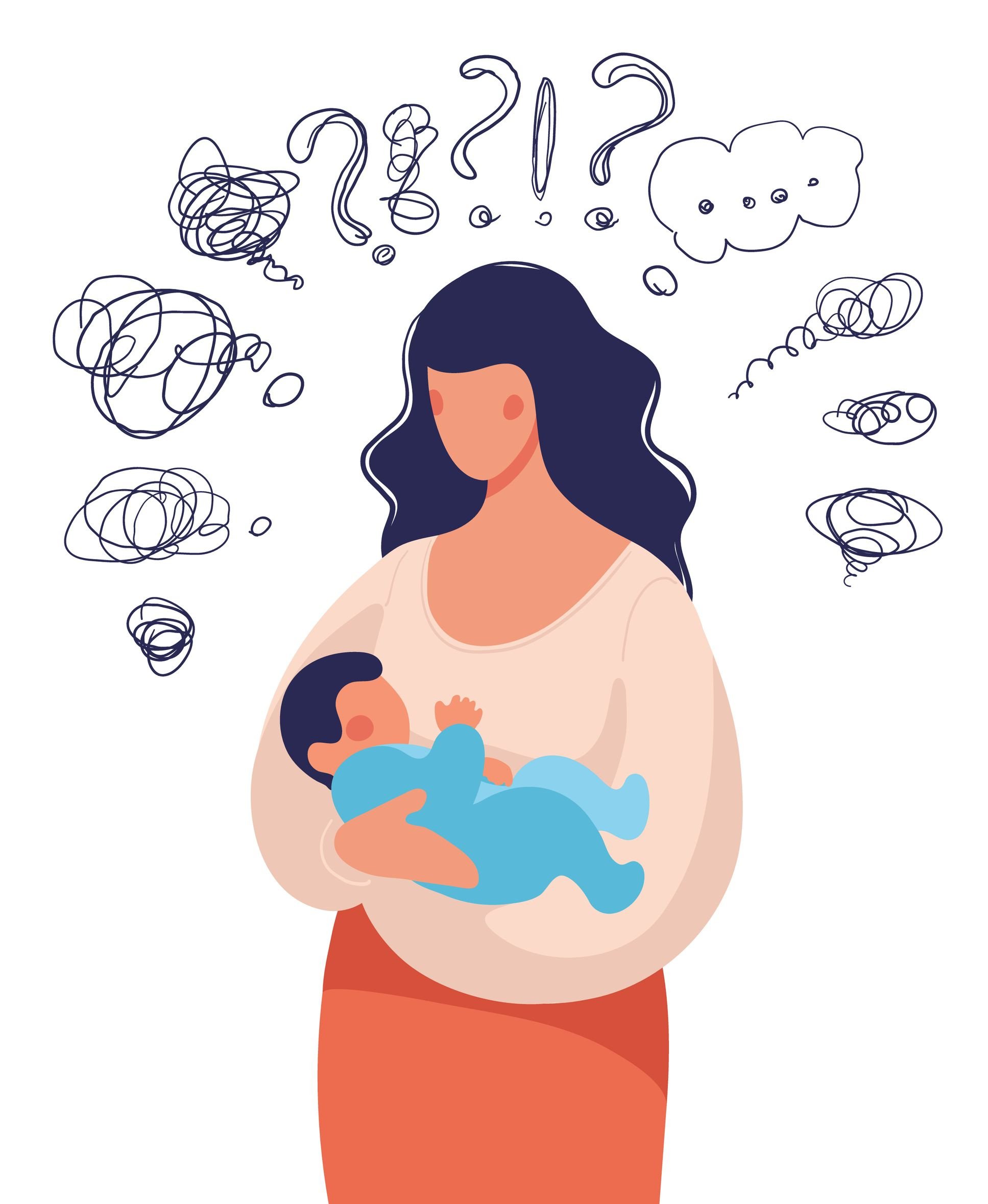Occupational Therapy for Pregnancy and Postpartum Recovery
Occupational therapists (OTs) are healthcare professionals who help people engage in all daily life activities and have training to address physical, emotional, and psychosocial issues that impact function and life participation. Simply put, OTs help people do the things they both want and need to do in daily life. We help people recover physically and psychologically, learn or relearn skills of daily living, and rebuild their lives around their new life circumstances. Becoming a mother impacts every area of a woman's life. Mothers must learn childcare skills to care for their babies while simultaneously re-learning to take care of themselves and transitioning into a brand new role with completely different daily routines.
Working with an OT can be beneficial at any point on your journey in motherhood, but may be especially beneficial during your initial postpartum period and transition into motherhood. In 1:1 occupational therapy, I complete a full evaluation and we work together to create a personalized plan to address any areas of need.
While any woman would benefit from occupational therapy while in the postpartum period, it would be especially beneficial for women with the following conditions:
Deliveries with complications or medical interventions such as lengthy challenging labors, forceps/vacuum assisted births, c-sections, grade 3 or 4 perineal tear, NICU stay, or other medical interventions or emergencies for mother and/or baby
Pain
Postpartum mood changes or disorders
Complex medical histories
Difficult life circumstances, unexpected life events, limited family support or limited social support
Topics addressed can include, but are not limited to:
Navigating pregnancy and postpartum recovery
Self-care
Eating, drinking, proper nutrition
Grooming, showering, hygiene
Toileting and peri-care
Sleep/Rest
Mobility
Getting in/out of bed, up/down from chairs, walking
Ergonomics, posture, and positioning: sitting, lying, standing
Body mechanics with infant care: lifting, holding, dressing, changing, carrying, transitioning in/out of cribs
Pain management (pelvic floor, back, neck, hip, wrist/hand, and chronic pain)
C-Section care
Emotional health
Functioning with anxiety, depression, PTSD, OCD, panic, rage
Processing pregnancy, birth, postpartum, loss of or change in identity
Stress management
Sensory system regulation
Infant care
Breastfeeding & bottle feeding support
Safe strategies for lifting, holding, dressing, changing, carrying, and transitioning in/out of cribs and other equipment
Play for both bonding and development
Infant education
Environment concerns
Ergonomic set-up of caregiving and living spaces
Practical strategies to increase ease of caregiving
Health Education
Resources for other maternal health professionals
Resources for infant health PT, OT, or speech
Safe return to movement and exercise
Return to sex and intimacy
Time management and establishing new routines for mom, baby, and family
Home management
Social support
Return to work
Return to other valued activities before motherhood

